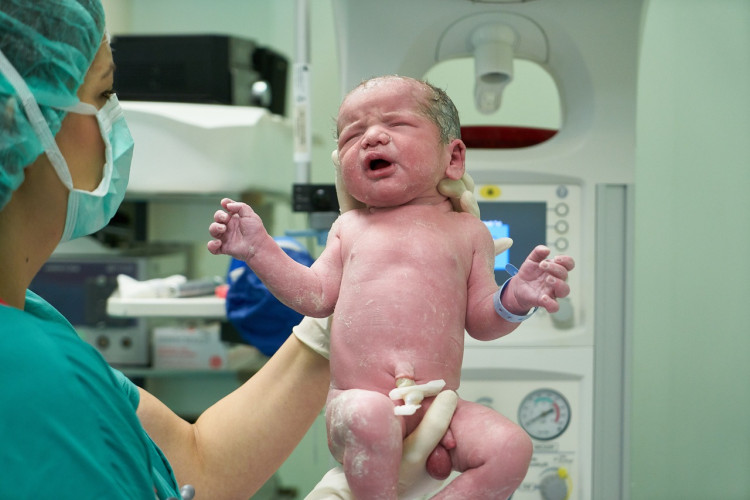Orchard Therapeutics, a subsidiary of Japan's Kyowa Kirin, has set a new record for the world's most expensive drug with the launch of its gene therapy for metachromatic leukodystrophy (MLD), a rare and fatal genetic disorder. The treatment, named Lenmeldy, was approved by the US Food and Drug Administration (FDA) on Monday and will carry a wholesale price of $4.25 million, surpassing the previous record held by CSL's hemophilia B gene therapy, which was priced at $3.5 million in 2022.
MLD is a devastating disease that affects approximately one in every 40,000 individuals in the United States, with roughly 40 children born with the condition each year. The disorder causes damage to the nervous system, and about half of the patients with a late infantile form of the disease do not survive beyond five years from its onset. Lenmeldy offers a lifeline to these children, with the potential to stop or slow the progression of the disease with a single treatment.
Dr. Bobby Gaspar, the co-founder and CEO of Orchard Therapeutics, described Lenmeldy as a "paradigm-shifting medicine" and emphasized the company's commitment to enabling broad, expedient, and sustainable access to the therapy for eligible patients with early-onset MLD in the US. However, the astronomical price tag has raised concerns about patient access and the ability of insurers to cover the cost of the treatment.
While the wholesale cost is not necessarily what patients will pay, as the final cost depends on insurance, health policy experts warn that the growing list of gene and cell therapies with eye-popping prices may strain the ability of states and other insurers to cover their costs, ultimately limiting patient access if plans begin to exclude these therapies as a class from coverage.
Orchard Therapeutics has stated that the list price reflects the value the therapy may deliver to eligible patients and their families, as well as the potential long-term impact treatment may have on overall healthcare utilization. The company also noted that the Institute for Clinical and Economic Review (ICER), an independent drug pricing watchdog, had determined a health-benefit price benchmark for the treatment at up to $3.94 million.
The FDA's approval of Lenmeldy marks an important milestone in the advancement and availability of effective treatments, including gene therapies, for rare diseases. Dr. Nicole Verdun, head of the FDA's new Office of Therapeutic Products, described the approval as a "watershed moment" for doctors and patients alike, offering hope to families who have previously had to watch their young children slip away without any available treatments.
The approval has also led to new initiatives to catch the disease earlier, with Orchard Therapeutics supporting studies of newborn screening tests. Over 250,000 babies have been screened as a result of these initiatives, and five babies with MLD have been identified, with at least three of them having already received treatment.
For families like the Rileys, whose 5-year-old daughter Olivia is in hospice after being diagnosed with MLD as a toddler, the FDA's approval of Lenmeldy is bittersweet. Their younger daughter, Keira, was the 32nd child in the world to receive the therapy and is now doing "amazing" with zero symptoms. The family hopes that the approval of Lenmeldy means that no other families with MLD will have to lose one child to save another.
As more gene and cell therapies with high price tags enter the market, the healthcare system will need to grapple with the challenges of ensuring patient access and affordability. Orchard Therapeutics has stated that it is working with commercial and government insurers and other payers on outcome and value-based agreements for coverage of the therapy, but concerns remain about the impact on state Medicaid programs and other insurers.
Reuters and CNN also contributed to this report.






